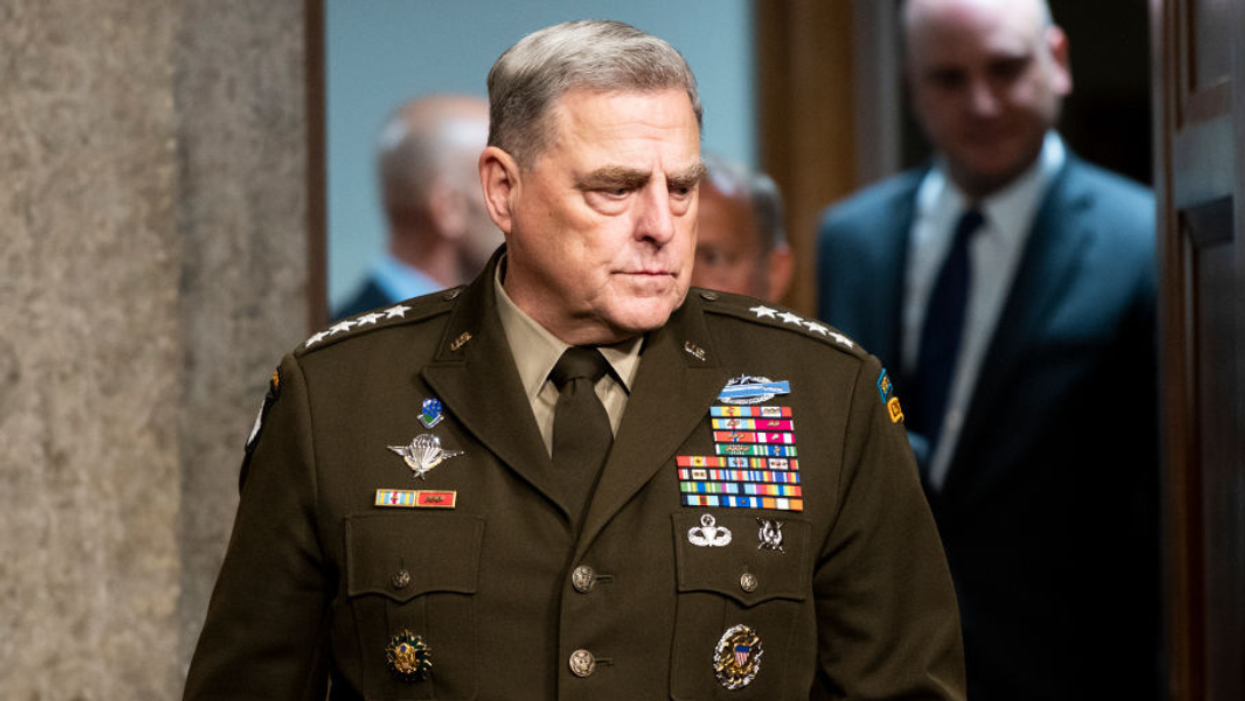Nelson is a retired American attorney and jurist who served as an associate justice of the Montana Supreme Court from 1993 through 2012, having been appointed to the court by then Republican Governor Marc Racicot.
An oath is defined as a solemn promise, often invoking a divine witness, regarding one's future action or behavior. Every person joining the military, every peace officer and firefighter, and every elected public servant and member of the three branches of federal, state, and local government swears fidelity to either the federal or state Constitution or both.
Article III, section 3 of Montana’s Constitution, for example, prescribes the oath to be taken by members of the legislature and all executive, ministerial and judicial officers before they enter upon the duties of their offices: “I do solemnly swear (or affirm) that I will support, protect and defend the constitution of the United States, and the constitution of the state of Montana, and that I will discharge the duties of my office with fidelity (so help me God).” No other oath, declaration, or test shall be required as a qualification for any office or public trust in Montana.
Whether one believes in God or not, the oath of office is a sacred promise to our fellow citizens--the giving of one’s word--regarding the future action or behavior of the person swearing the oath.
In Montana, people say that one’s word is his or her bond. As a lawyer, I have known men and women who could close a business transaction worth substantial money on a handshake—and mean and follow through on every word of it. I have also known men and women who, after the handshake, you’d do well to count your fingers.
In our State, one’s word and one’s oath are to be taken seriously. Both are sacrosanct and not to be denied or breached for any reason.
What brings this all to mind are the words that Chairman of the Joint Chiefs of Staff, General Mark Milley, delivered in Arlington, Virginia, at a farewell ceremony before his retirement after four years in the position to which former president Trump appointed him.
General Milley stated, among other things:
“Today is not about anyone up here on this stage…. It’s about something much larger than all of us. It’s about our democracy. It’s about our republic…. It’s about the ideas and values that make up this great experiment in liberty. Those values and ideas are contained within the Constitution of the United States of America, which is the moral North Star for all of us who have the privilege of wearing the cloth of our nation. It is that document…that gives purpose to our service. It is that document that gives purpose to our lives. It is that document that all of us in uniform swear to protect and defend against all enemies, foreign and domestic. That has been true across generations, and we in uniform are willing to die to pass that document off to the next generation. So it is that document that gives ultimate purpose to our death. . . . We are one nation under God. We are indivisible, with liberty for all. ... We take an oath to the Constitution, and we take an oath to the idea that is America, and we’re willing to die to protect it.… We the American people, we the American military, must never turn our back on those that came before us. And we will never turn our back on the Constitution. That is our North Star, that is who we are, and that is why we fight.”
General Milley’s remarks are an inspiring reminder of what our oath to support, protect and defend our Constitution, what our word, means.
Despite Mr. Trump labeling General Milley a traitor who could be put to death, the General has stood by his oath, his word, in support and defense of the Constitution —-unlike the former President who managed to avoid military service and has ignored the rule of law on multiple occasions.
So, when election 2024 comes, whether you are a Democrat, Republican, or independent, are you going to vote for the person who keeps his oath and his word?
Or are you going to vote and then count your fingers?



















 Senate Committee on Commerce, Science, and Transportation ranking member Sen. Maria Cantwell (D-WA) (R) questions witnesses during a hearing in the Russell Senate Office Building on Capitol Hill on February 10, 2026 in Washington, DC. The hearing explored the proposed $3.5 billion acquisition of Tegna Inc. by Nexstar Media Group, which would create the largest regional TV station operator in the United States. (Photo by Chip Somodevilla/Getty Images)
Senate Committee on Commerce, Science, and Transportation ranking member Sen. Maria Cantwell (D-WA) (R) questions witnesses during a hearing in the Russell Senate Office Building on Capitol Hill on February 10, 2026 in Washington, DC. The hearing explored the proposed $3.5 billion acquisition of Tegna Inc. by Nexstar Media Group, which would create the largest regional TV station operator in the United States. (Photo by Chip Somodevilla/Getty Images)
